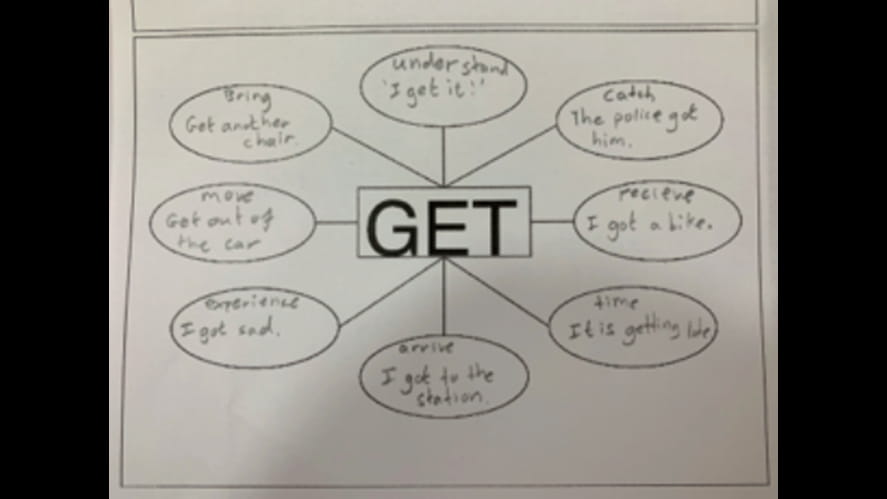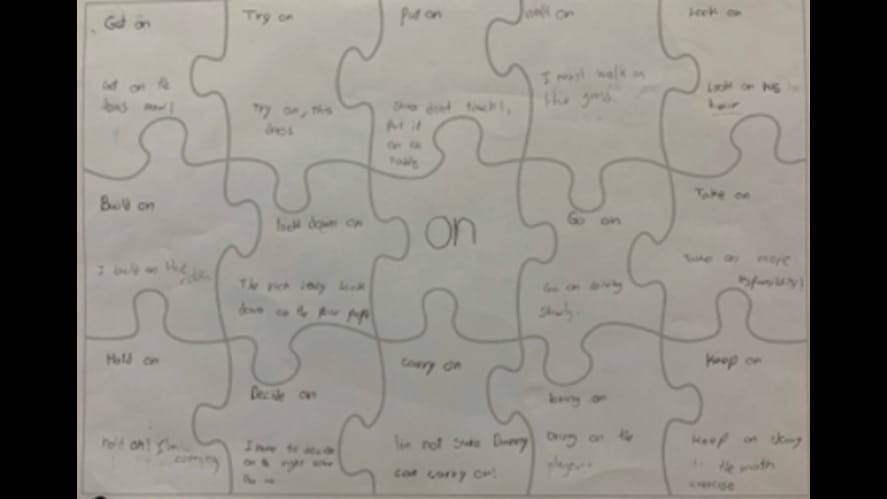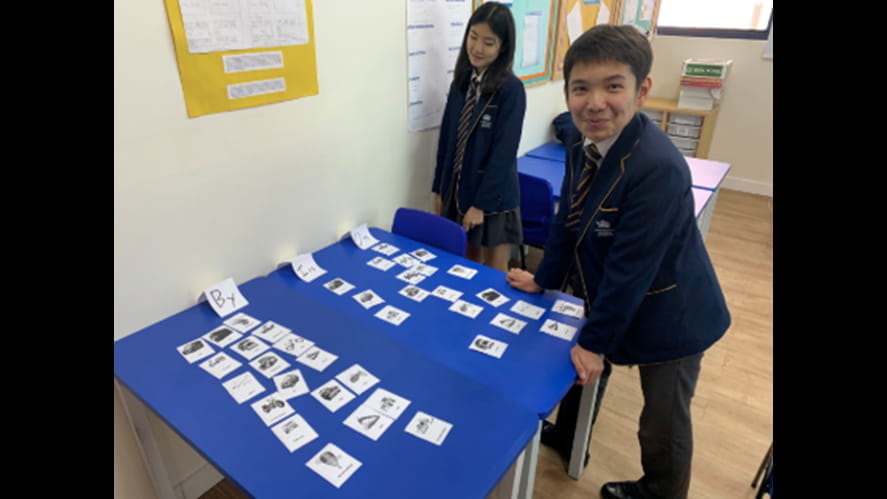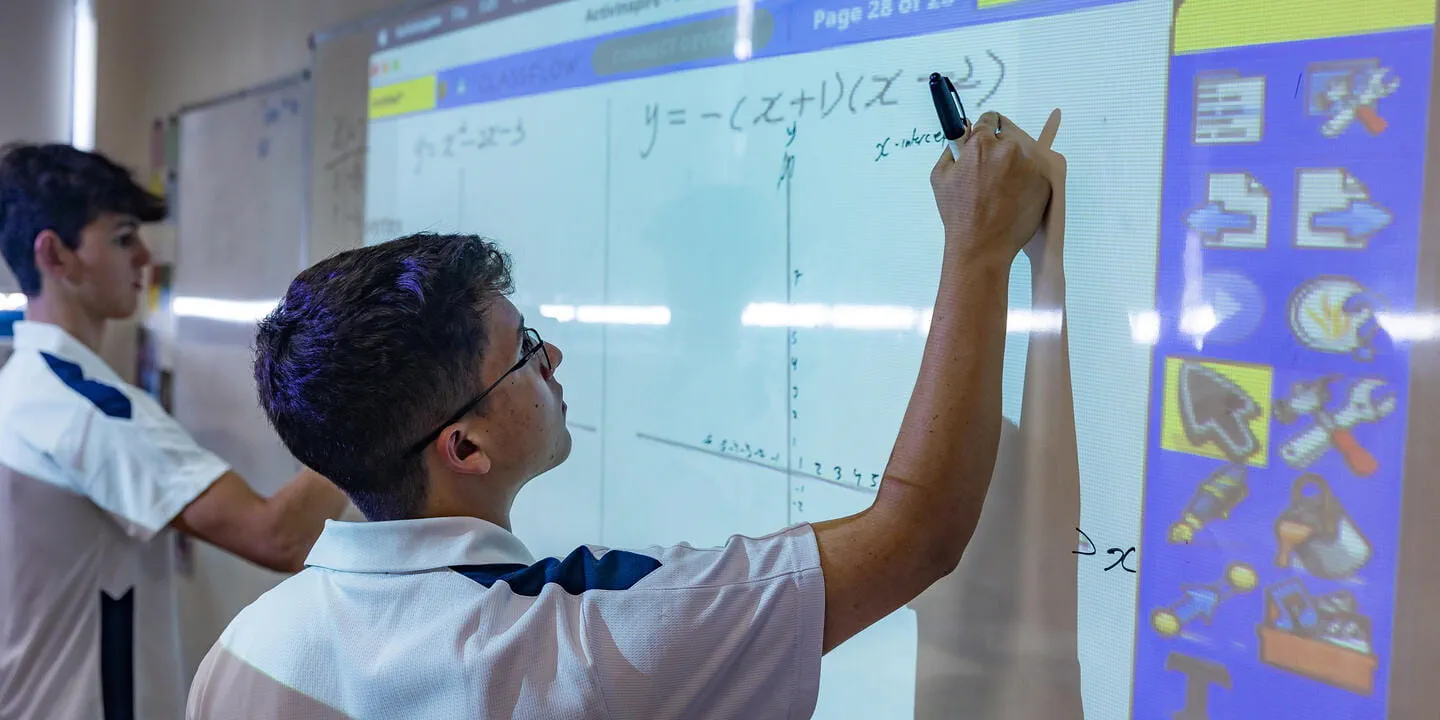Learning English is Hard, but We’re All in it Together! Learning, acquiring and experiencing an additional language is difficult. Often we try to make sense of it using our mother tongue or we look for other connections and rules to help us make a connection with the language. But what happens when the ‘rules’ make no sense? There are approximately 250,000 words in the English language, of which about 9000 makes up 95% of our daily use. 9000 doesn’t sound that many but it is not the individual words that students have difficulty with, it is how to combine them with the other 8999 words to make sense. One of the most challenging parts of learning vocabulary is understanding what we call ‘phrasal verbs’. Many of us know the word ‘ get’, but look at some of the ways to use ‘get’ that some of our EAL students have been researching:
Learning, acquiring and experiencing an additional language is difficult. Often we try to make sense of it using our mother tongue or we look for other connections and rules to help us make a connection with the language. But what happens when the ‘rules’ make no sense?
There are approximately 250,000 words in the English language, of which about 9000 makes up 95% of our daily use. 9000 doesn’t sound that many but it is not the individual words that students have difficulty with, it is how to combine them with the other 8999 words to make sense. One of the most challenging parts of learning vocabulary is understanding what we call ‘phrasal verbs’. Many of us know the word ‘ get’, but look at some of the ways to use ‘get’ that some of our EAL students have been researching:

Let’s now think about words that go with ‘on’. ‘On’ is a nice small easy word, right? The book is on the table. Simple! Not necessarily, as our Y8 students discovered:

Here is one of the major challenges with English: phrasal verbs. We take a verb and add a particle (often a preposition) and it completely changes the meaning of the word. There are no simple rules as to how to use these phrasal verbs. English makes things even more difficult, the meaning changes in context. ‘Take off’ can mean to remove a piece of clothing, but it can mean to become successful or for an aeroplane to take. Luckily, there are a few instances when there are rules, even if the rules aren’t clear. Our Y8 and Y9 students are looking at prepositions and transportation. Some of the questions asked were; why do we get into a car, but get onto a bus? Why do we come to school on a bus but go to school in a car? Why do some of us go to the park by taxi? For many of us native English speakers, we just implicitly know when to use ‘by’, ‘in’ or ‘on’, it is natural for us. Language learners are not so lucky. The students set out to discover the answers to these questions. What do you think the answers are? The solution is at the end of this piece.
The students did struggle with these questions, but through trial and error and communicating together they did discover the ‘rules’. They worked together to find the connections. In this instance, there were some rules to work with. Unfortunately, English is not always so straightforward and doesn’t always agree with other languages. In Portuguese, they say,’ Eu vou a escola de táxi’ ‘De’ is used to mean ‘inside’ whereas English ‘by’, ‘in’ or ‘on’ is used. In English we put on our shirt, put on our glasses and put on our shoes. In Korean, for example, they use 3 different verbs (입다, 신다 and 쓰다), so it’s not all bad. These are some of the reasons why learning an additional language is difficult. The rules may be very abstract, he words might not be used in your mother tongue, or they might not even exist. As I often have to say to our EAL students,’ Unfortunately, sometimes English is just horrible and the only thing you can do is learn it and love it’!
For those of you interested the answers are:
· If there is no article (a, an or the) use ‘by’.
· If you must sit in the vehicle and can’t safely move around, use ‘in’.
· If you can move around safely, use ‘on’.
· If you have to sit on it to operate it, use ‘on’.
Simple!








